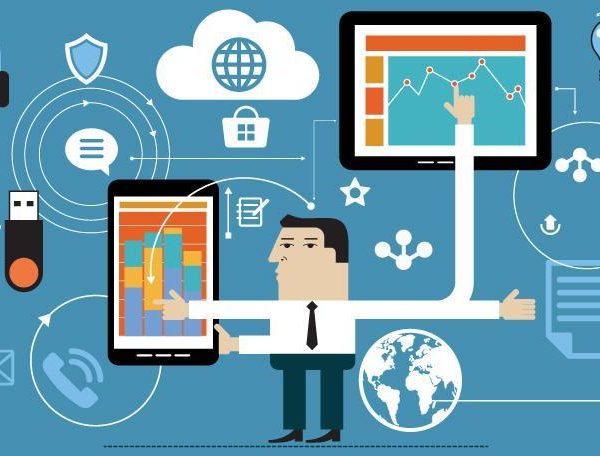
Aid and support information technology with management and control
Introduction
Mobile device management refers to any application or software meant to assist IT, administrators, in controlling and securing devices like smartphones and tablets throughout an organization’s infrastructure. MDM (mobile device management) is becoming an increasingly significant component of workplace mobility and endpoint management, particularly as more firms implement bring your device policies that enable workers to access company data, files, and apps on their devices.
Smart devices are important aspects in today’s era
Most small firms deploy hundreds of devices for their workers, while bigger organizations are more likely to deploy thousands of devices for their employees. This constitutes a huge financial commitment when considering the number of laptops, tablets, phones, and other devices involved. Although the cost of procuring the equipment and configuring them is significant, many company executives are overwhelmed by the expense of maintaining everything in a continuous state of operation.
Mobile devices have been more common in the workplace over the last several years. Many occupations are performed by businesses and their employees using mobile devices such as smartphones, tablets, and laptops. And, since working from home has become increasingly necessary, mobile devices have become a key element of most businesses, serving as critical tools for increasing productivity and efficiency.
Almost every company regards expansion as a positive development, but there are always some growing pains. In the process of adding more devices to accommodate new users or simply updating devices for specific user groups over time, several businesses have discovered that it is difficult to get access to the same sorts of equipment. Because technology is updated regularly, new gadgets are always being introduced. It might be tough to maintain everything consistent and compatible as a result of this.
Conclusion
However, since workplace mobile devices have access to vital company data, they may pose a security risk if they are hacked, stolen, or otherwise lost. As a result, the significance of controlling mobile devices has increased. As a result, IT and security managers are responsible for provisioning, managing, and securing mobile devices in their various company contexts.


